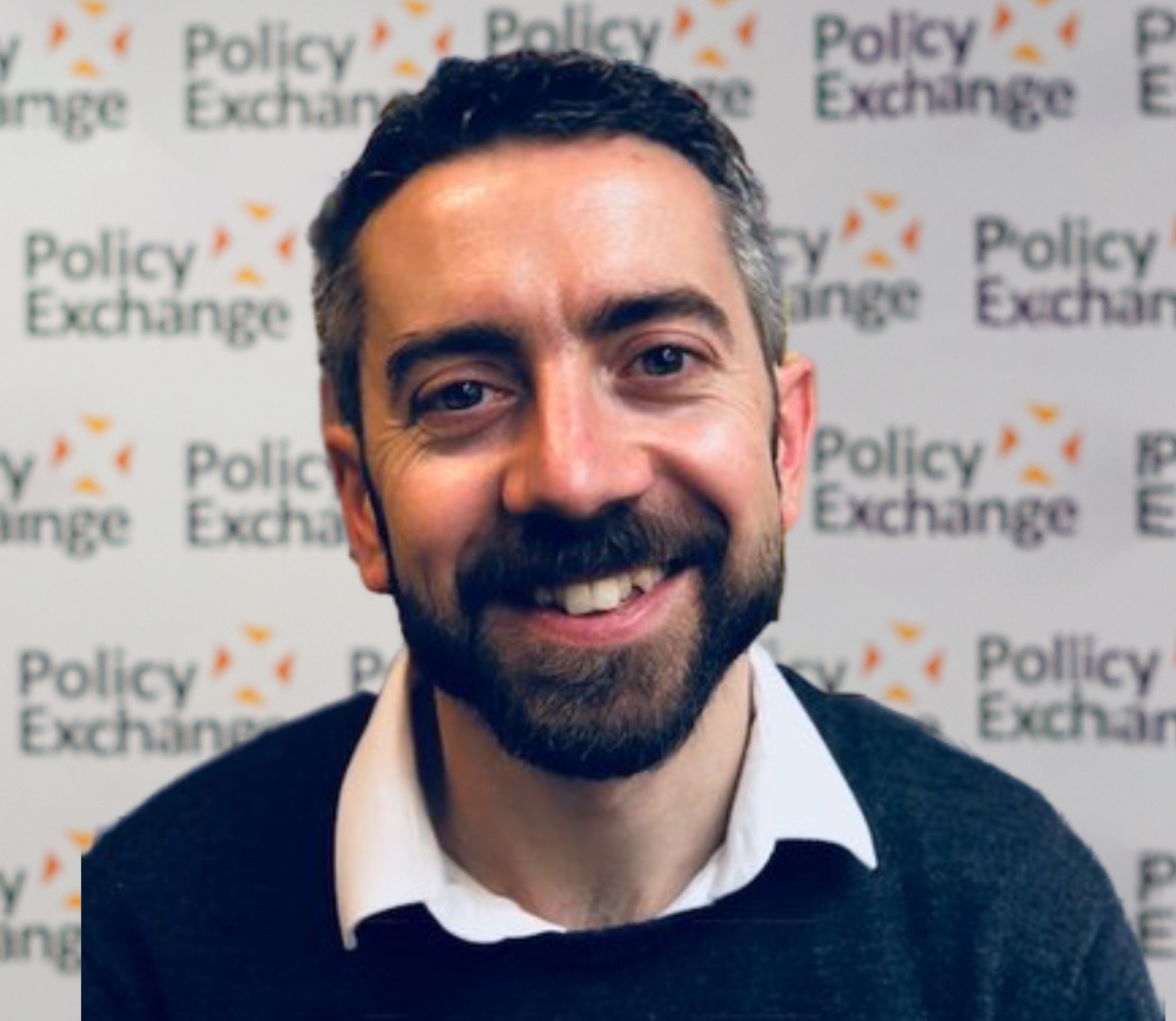The terrible events in Manchester have brought renewed prominence to the debate around Britain’s counter-radicalisation strategy, Prevent. Bomber Salman al-Abeidi – like many Islamist terrorists – had been known to the intelligence services for his extremist views, but had nonetheless slipped through the net. While covert surveillance inevitably involves balancing numbers and resources, countering extremist ideologies before they manifest as terrorist action has become – and should continue to be – a fundamental component of counter-terrorism work.
Prevent is designed to respond to the ideological challenge of terrorism and work with sectors and institutions where there are risks of radicalisation. Developed after the 7/7 attacks, the strategy began with a strong focus on community-led counter terrorism, but a lack of clarity regarding aims and evaluation resulted in engagement that was at best unfocused and at worst counter-productive. At times funding went to extremist or sectarian groups while some public institutions gave platforms to hate preachers.
Since the 2011 Prevent review the government has re-cast its strategy, transforming what was previously a narrow focus on opposing violent extremism (on British shores) into a commitment to tackle extremism in all its forms. Prevent now addresses the extreme far-right and other ideologies, while rightly recognising the radicalising impact of an Islamist ideology. More recently, the government placed a duty on specified authorities, including the police, prisons, local authorities, schools and universities, to ‘prevent people being drawn into terrorism’ by making the delivery of Prevent a legal requirement.
The new duty has its enemies. Extremist groups such as CAGE have led a concerted campaign that characterizes Prevent as an attack on Muslims. They have secured support from public sector activists, with members of the National Union of Teachers (NUT) and the National Union of Students (NUS) committed to undermining the strategy, or ‘Preventing Prevent’ as they call it. While no policy should be immune from criticism, it is no surprise that a group like CAGE, which has a history of promoting jihadist clerics such as al-Qaeda’s Anwar al-Awlaki, is opposed to efforts to challenge the pernicious narrative of grievance offered by Islamists.
After this latest attack, some of those who previously called for Prevent to be scrapped – including Manchester mayor Andy Burnham – appear to have had second thoughts. However, such people remain squeamish about the need to confront the challenge of Islamist ideology head on – contorting themselves to avoid any mention of this phenomenon. Yet everything we know about al-Abeidi suggests that this was a young man steeped in an Islamist background.
What is striking about the contemporary debate is the remarkable laziness in the language used about these issues. Many like to say, as Burnham declared on Question Time, that this is ‘nothing with to do with Islam’. This is a comforting assertion – and one that is often accompanied by references to terrorists’ lack of religious knowledge. Stories of jihadists departing for Syria with their ‘idiots’ guide to Islam’ tucked in their luggage have become a convenient short-hand for those who wish to underline the terrorists’ ignorance of the faith to which they declare allegiance.
But this reasoning singularly misunderstands the issue. It represents the conflation of theology and ideology. For sure, jihadists are – in the vast majority of cases – not sophisticated theologians. More often than not, their knowledge of Islam as a religion is deeply rudimentary. But to acknowledge this is not to deny that they are intensely ideological. The ideology to which they adhere, Islamism, provides both a coherent worldview and, crucially, an imperative to action. Ultimately, it is ideology that frames the violence that we see on European streets.
Moreover, ideology does not have to be complicated to be powerful – indeed, it is often most persuasive when it is simplistic and reliant on just a few, easily comprehensible maxims. In this case, the core ideological premises that drive Islamist terror can be boiled down to several interlocking yet profoundly potent ideas: that the West, as a civilization, is antithetical to Islam; that western states are deeply hostile to Islam and intent on bringing down the foundations of the Muslim ‘umma’, or transnational community; that impious governments across the Middle East exist only through western agency; and that the ‘umma’ is therefore entitled, sometimes even obligated, to use physical force to defend itself.
The tendency to confuse theology and ideology is perhaps understandable. One of the greatest assets of Islamism is the fact that it can hide in plain sight, speaking the language of one of the world’s great religions. Islamists declare themselves to be the truest Muslims – and insist that they are acting on behalf of their co-religionists. Manifestly, they are not. And in the recognition of this lies the beginning of wisdom.
Islamist groups assert the right to speak for all Muslims, yet time and again it has been demonstrated that they represent no-one but themselves. In late 2016, we at Policy Exchange conducted the largest ever survey of opinion within Muslim communities ever seen in Britain. Amongst the results was one that underlined just how unrepresentative are groups like the Muslim Council of Britain and the Muslim Association of Britain, which claim to be the voice of British Muslims. Less than 5% of British Muslims see these groups as being of relevance to their lives. Nor can this be dismissed as a one-off answer – repeated polling confirms such results.
In this regard, events in Manchester are critical from another perspective. Voluble detractors of the Prevent strategy have long claimed that it was a pernicious programme that would alienate members of the Muslim community – with the sense of victimhood it generated perhaps even driving some into violence. This has now been shown up for the fallacy it always was. In fact, members of Manchester’s Muslim communities appear to have tried to tap into the Prevent strategy, reporting their anxieties about al-Abeidi on multiple occasions – only to be ignored. The story here is not Prevent ‘overkill’, but actually the fact that the programme still lacks the capacity and breadth of vision required to deal with the Islamist threat.
The logical response, therefore, is to expand and strengthen Prevent. There should be no pandering to groups like the MCB, whose real objection to Prevent, may in fact be that they are no longer a partner and beneficiary. It is salutary to note that when the strategy first emerged in 2004-5, the MCB was a leading advocate of the ‘Preventing Extremism Together’ initiative. At the time, the group had the ear of government and was seen as a trusted ‘gatekeeper’ organisation that could deliver Muslim communities away from the men of violence.
Subsequently, the attitude of the last Labour government changed – as the then Prime Minister Gordon Brown and colleagues such as Hazel Blears in Cabinet began to view the MCB as in fact part of the problem, rather than the solution. The readiness of some senior figures within the MCB to articulate the same grievance-ridden and conspiratorial narratives as the jihadists undermined faith in their bona fides. Serious reservations had already been voiced in August 2006, when, after the foiling of the liquid explosive, transatlantic airliner plot, leaders of the MCB were amongst those to sign a letter saying that UK foreign policy was driving the growing risk of terrorism. Home Secretary John Reid labelled the statement a ‘dreadful misjudgement’.
Later, after one MCB leader signed a statement which appeared to condone violence against any country – including the UK – supporting an arms blockade against Gaza, the group found itself out in the cold – cut off from the recognition and public monies to which it had previously had access. It is telling that it was in precisely this period that the group now repositioned itself as an ardent opponent of Prevent, on the basis that it is foreign policy and other grievances – rather than ideology – that drives radicalisation. Last year, the secretary general of the MCB described his organisation as a ‘vocal opponent’ of the strategy.
Groups like CAGE, on the other hand, oppose Prevent not because they were ever favoured partners, but because they fundamentally believe in core Islamist concepts. CAGE literature refers to jihad, shariah and khilafah – which they define as ‘war, political governance and the unity of Muslim lands’ – as ‘core Islamic doctrines’ that are under attack. This is an Islamist interpretation that conflates theology and ideology – and, crucially, allows supporters to present themselves as the vanguard of British Islam undertaking a religious duty to defend their co-religionists from the British government’s oppression of normative Islamic belief and practice. Not only is the government at war with your religion abroad, they tell Muslim audiences, it criminalises your religion at home.
Other organisations campaigning against Prevent include: the revolutionary Islamist group Hizb ut-Tahri; the Muslim Research and Development Foundation, founded by the Salafi hate preacher Haitham al-Haddad; MEND, whose director lost a libel case after the court found that he had supported the killing of British and American soldiers in Iraq; and the Khomeinist group the Islamic Human Rights Commission.
Many activists spread misinformation to undermine Prevent. The strategy is racist and Islamophobic, they argue, despite the growing number of extreme right-wing referrals. Exaggerated stories of Prevent referrals – standard safeguarding procedures – have been reported uncritically by elements within the British media. One story – widely referenced as an example of Prevent heavy-handedness – of a young boy allegedly questioned by Prevent police because he wrote that he lived in a ‘terrorist house’ when he meant ‘terraced house’ was later revealed to be a visit by social services because he had also written that his uncle beat him. In another case, a high school boy alleged he was referred to Prevent for wearing a Free Palestine badge – when in fact it was because he was distributing literature from a group whose leader has glorified Hamas.
Anti-Prevent activism has found fertile ground among the British hard left, with elements of the NUT and the NUS campaigning on explicitly anti-Prevent platforms. At the University of Salford in Manchester, where al-Abeidi studied until last year, the students’ union passed a motion to boycott Prevent, opting instead to ‘educate’ students about the ‘dangers’ of the strategy. Salford is not unusual: activists regularly claim that Prevent silences students’ freedom of expression, thus risking – rather than preventing – radicalisation.
At the heart of the anti-Prevent campaign is the assertion that the strategy is merely the latest in a line of counter-terrorism measures – anti-terrorism legislation, MI5 recruitment, community and police cooperation – which Islamists disingenuously argue are part of the problem rather than the solution. Such arguments found their way into both the Liberal Democrat and Labour manifestos, which call for the scrapping or review of Prevent respectively, premised on the erroneous claim that it alienates whole communities. It is salutary that such divisive rhetoric appears to have won over not only elements of public sector leadership but prevailing thought on the political left.


